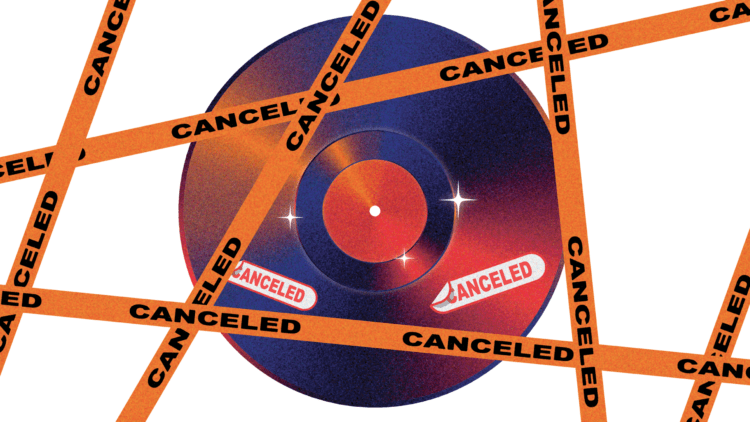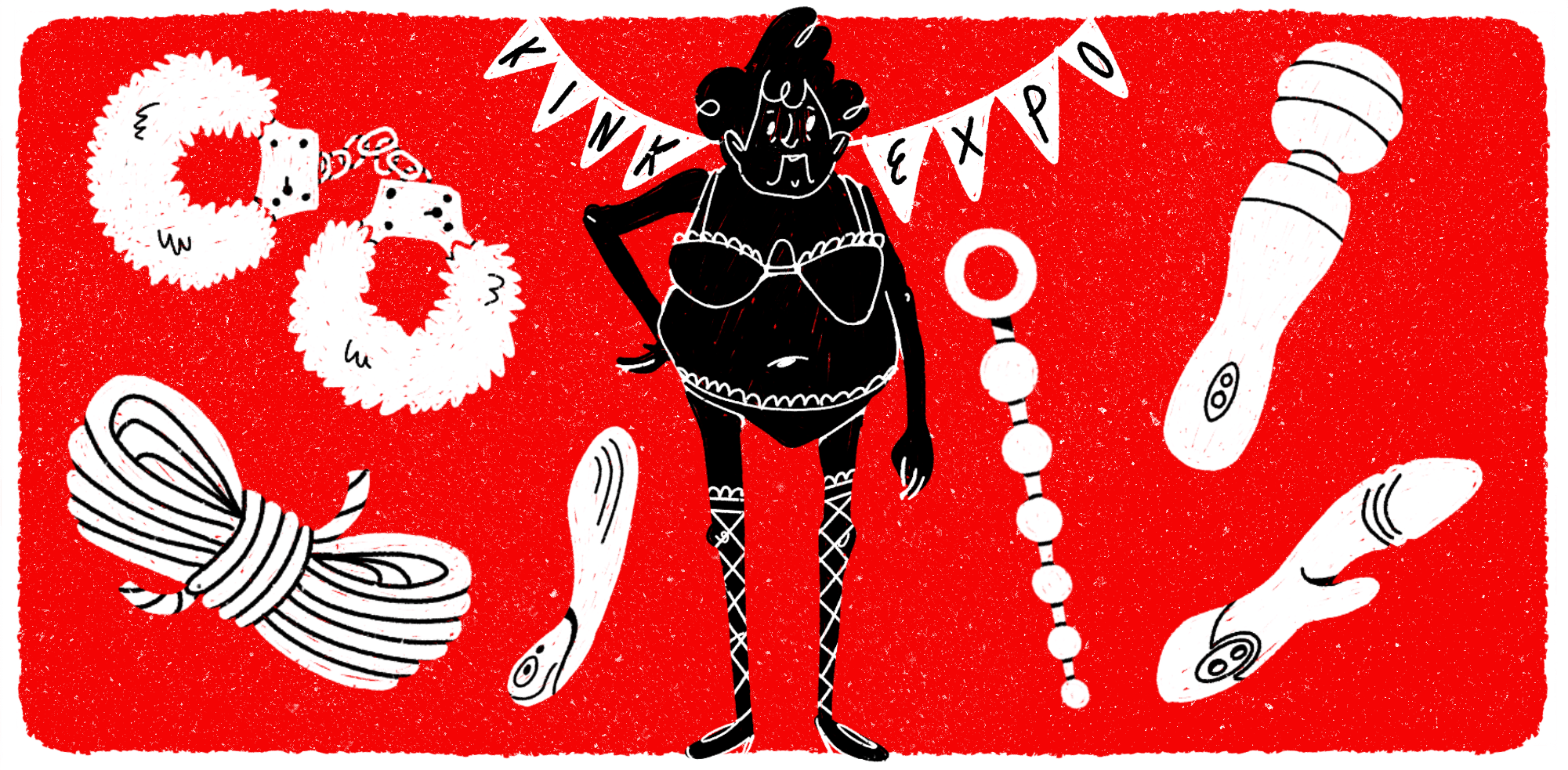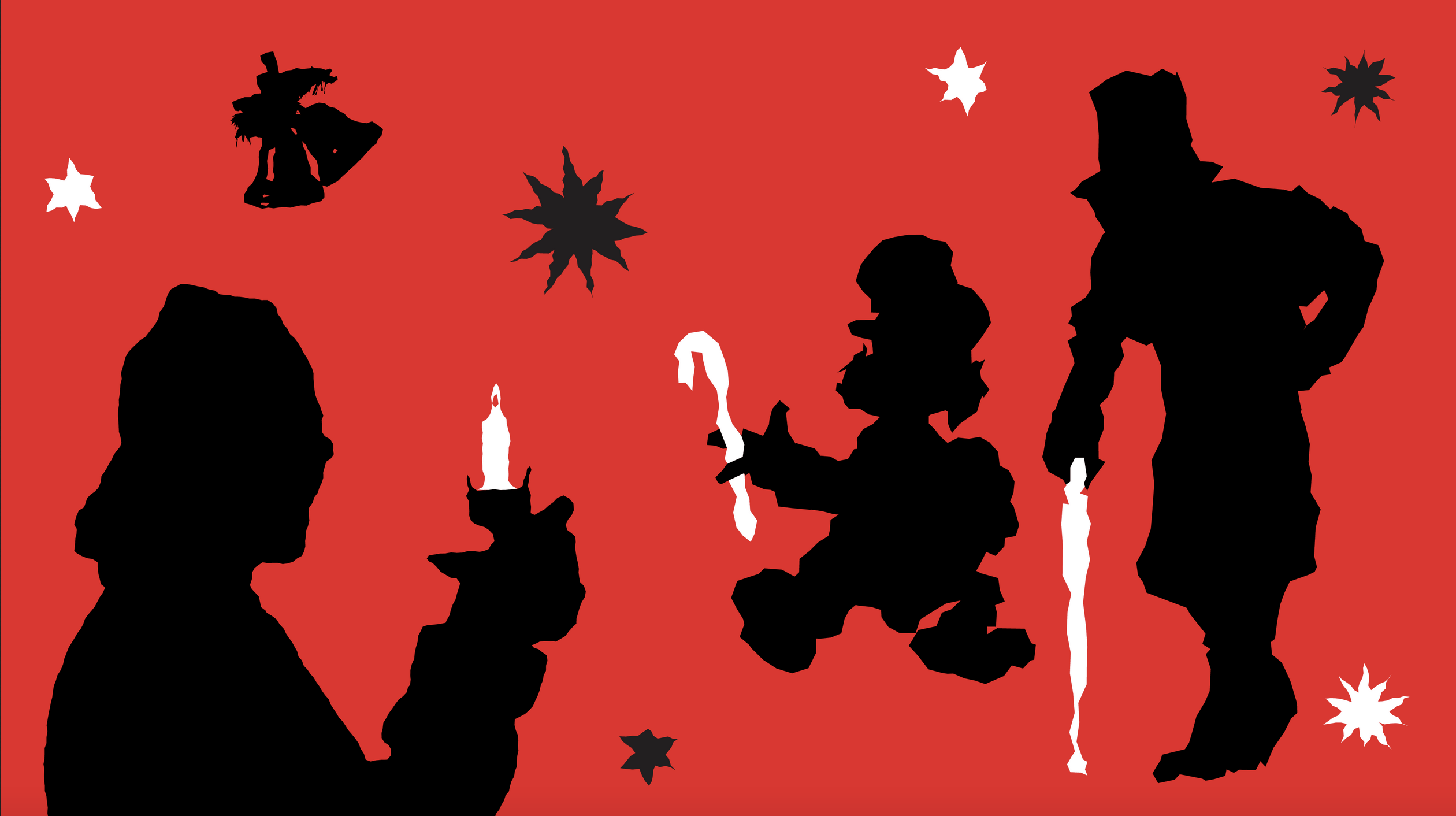In June 2020 I stumbled across a series of social media posts about one of my favorite bands that detailed their problematic behavior. This post included a story about one of the adult drummers dating a minor. I started reading anything I could find out about the situation, and the story became more and more clear with each post.
Immediately, I started trying to rationalize what I was reading. I thought, “Maybe it’s not nearly as bad as what people are saying online.” But I realized it didn’t matter if it “wasn’t as bad” as it looked, I didn’t feel OK about continuing to support the band.
This experience isn’t uncommon. Many people who have looked up to a celebrity, artist, or public figure have found out they said or did something they couldn’t support. This phenomenon branches out into the idea of “canceling” a person because of their misdeeds.
But does canceling work? When we call out these problematic people and explain why we can’t support their behavior, does their behavior change?
Typically, no.
In the music world, for example, artists often deny accusations or give a weak, half apology that doesn’t acknowledge the depth of the hurt experienced by their victims and their fans. When pop-punk band All Time Low was called out for allegedly having a long history of being sexually inappropriate with minors, they immediately denied the allegations and then filed a lawsuit against three people who used social media to make these claims.
So what exactly isn’t working?
“In general, social media is not set up well for distributing information accurately and thoroughly. In order to truly be able to hold people accountable we have to establish better communities and systems of communication that are not based on superficiality and consumerism,” said SAIC student Milo Brown (BFA 2025).
The young people who have grown up in an era where so-called “cancel culture” is a perennial topic have strong opinions.
“The label of being ‘canceled’ gets applied to both major issues and minor mistakes, diluting the term and making it less useful,” said SAIC student Lyss Rogers (BFA 2027).
One artist might be called out for sexual assault allegations, and another for making insensitive comments about a marginalized community online. For example, the Melanie Martinez situation as opposed to the Cavetown situation. Both are “canceled,” but in a lot of online spaces, they might be treated exactly the same.
Through online platforms, people are able to speak openly about their alleged harmful experiences with artists and public figures. There’s even a public Google sheet that tracks canceled musicians. People can access information about situations that got artists canceled without victims needing to talk to the press or the police.
But this “lack of proof” comes with its own set of problems. It’s led to a myriad of people not believing victims claims and even accusing them of making false claims. An example would be Tory Lanez’s continued online support despite having been convicted of shooting Megan Thee Stallion. The onslaught of people claiming “false accusation” causes victims to fear sharing their stories, and in turn, protects a number of abusers.
The line between hate and criticism in social media callouts becomes blurred when problematic behavior is excused and open bullying or harassing of people who have made claims happens without repercussions. Allowing alleged offenders to say they’ve been bullied by allegations let them avoid any real repercussions for their actions.
But callouts for actions that happened pre-social media didn’t really stick either. Artists who did questionable or harmful things prior to the integration of social media often don’t get meaningfully canceled.
Notoriously, the former frontman of The Smiths, Morrissey, has been criticized for decades of racist, xenophobic, and otherwise problematic behavior. But he has never faced any real consequences for his actions and he still consistently tours and releases music while having maintained a huge fanbase.
There are exceptions to canceling’s lack of repercussions. During the shooting of “The Mandalorian,” Gina Carano was confronted online about a social media post that likened being a Republican to being a Jewish person during the Holocaust, and she was effectively fired. This accountability might have been due to the pandemic lockdowns giving people more time to focus on social media, which could have made people more likely to call someone out online in a way that would stick.
However, post-pandemic, many artists and creators ignore, deny, or otherwise disengage with any criticism of their behavior, and nothing happens to them. Brendon Urie who many different allegations mounted against him, but only addressed his use of transphobic language and not his sexual misconduct allegations, homophobic language, or racist language, among other things.
“Especially when it comes to allegations of sexual misconduct and/or abuse, we, culturally, need to stop viewing cancellation as primarily serving as punishment. It’s not about punishment, it’s not about what a band member does or doesn’t deserve, it’s not about ‘jumping on bandwagons,’ or trying to hold people to unrealistic standards — it’s about keeping people safe,” said content creator Valeriesvoice. Valeriesvoice focuses on covering news surrounding canceled musicians.
She added: “Boiled down to its very simplicity if someone is using their fanbase as a predation pool, they shouldn’t have access to that fanbase to prey on.” So how do we fix “cancel culture?”
There’s no easy solution that will work for every case, but victims’ claims should not be treated like social media controversies; instead, they are real issues and should be addressed as such. Canceling shouldn’t be about whether or not you can still support an artist, it should be about keeping people safe.






















